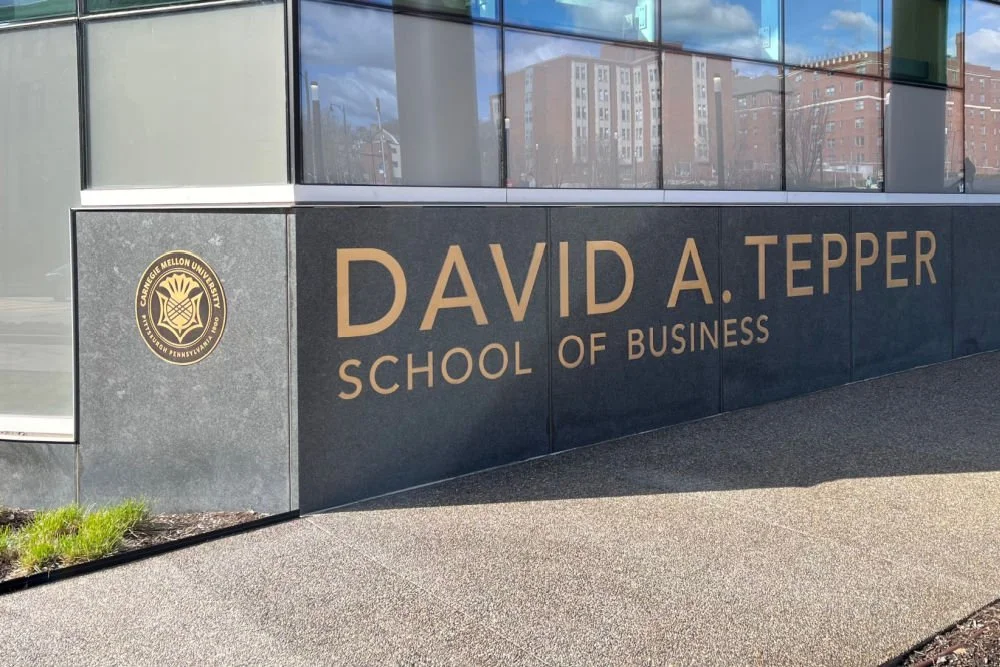A Focus on Equity: The New CEO of a Health Legacy Foundation Talks Strategy
/photo: Rawpixel.com/shutterstock
Molly Talbot-Metz is the new president and CEO of the Mary Black Foundation, which focuses its grantmaking on Spartanburg County, South Carolina. Its main areas of interest are childhood education, healthy eating and active living, and community health. Talbot-Metz has served this foundation in other roles, including as its first program officer in 2001, and recently, as its vice president of programs. When previous CEO Kathy Dunleavy left the foundation in June 2018, she said, “With Molly’s leadership, the team will continue to make significant impact.”
The Mary Black Foundation is a regional funder with a very narrow geographic mandate, focused on a single county. But we've kept an eye on this grantmaker as a window into several larger trends we're tracking: the growing focus on equity and race among many foundations; the new funding emerging in the South to empower local change agents; and the rising importance of health legacy foundations in regional philanthropic ecosystems where other major funders are often in short supply. As we often report, health legacy funders have become more strategic and activist as they seek to address the social determinants that affect health.
Recently, we checked in with Talbot-Metz about the Mary Black Foundation’s current goals and grants.
“In my 17 years at the foundation, I have had the opportunity to build relationships in the community and develop a deep understanding of the challenges and opportunities facing our foundation,” Talbot-Metz says.
One of her main goals going forward is to fully operationalize the foundation's focus on health equity. What does the Mary Black Foundation mean by health equity? A newly adopted statement on its website reads as follows:
Health equity exists when all people have access to opportunities to thrive, both physically and mentally, and no one is limited in achieving health and wellness because of their race, ethnicity, nationality, gender, sexual orientation, age, income or ZIP code.
Fostering health equity is one of the strategies MBF has embraced as part of its 2017-2019 strategic plan. According to the plan, MBF aims to develop and implement a health equity lens, help staff learn how to comfortably discuss equity; and “Share perspectives of residents regularly with grantees, staff, board and community,” among other strategies.
“Focusing on health equity acknowledges that not all people need the same exact things to achieve health,” says Talbot-Metz. She says the foundation staff has now revised their logic models (tools used by funders and other interested parties to conceptualize and evaluate change-making) and grant applications with an equity lens. In 2016, when we wrote earlier about the foundation's direction, Talbot-Metz told us she thinks “a focus on equity can increase organizational effectiveness at every stage in the grantmaking process.”
These days, MBF is working to make good on that idea. “In the coming year, we will identify training opportunities in health equity for staff, board members, and grantees, and we will look for targeted interventions that can help eliminate the health disparities in our funding priority areas,” she adds.
A look at recent MBF grantmaking offers a sense of how its strategy is playing out. The foundation's spring 2018 round of grants backed a variety of approaches to boosting the well-being of diverse populations in Spartanburg County. It awarded $580,650 in grants to 15 nonprofits, including the Adult Learning Center, Healthy Smiles of Spartanburg, the Spartanburg Lions Foundation, which offers free vision screenings; Big Brothers Big Sisters of the Upstate, Children’s Cancer Partners of the Carolinas, Spartanburg Alliance for the Mentally Ill, and the Upstate Warrior Solution. The largest grant for $223,000 over the next three years went to the Hope Center for Children, a repeat MBF grantee, in support of its parent education and family support programs.
MBF’s concentration on equity meshes with its related strategy of taking an upstream approach to improving community health for all, characterized by the inclusion of the social determinants of health in its grantmaking. Over the years, many of its grants have embraced this philosophy by focusing on making healthy food and activities accessible to the entire community, funding whole-family support for parenting and children’s health programs, and providing access to care for the uninsured.
The Mary Black Foundation is yet another health legacy foundation in the Southeast—an institution that was set up when a nonprofit health organization (the Mary Black Memorial Hospital) was sold to a for-profit entity (Quorum Health Group). Since the reconfiguration in the 1990s, its assets have grown from $60 million to over $80 million, and it has paid over $48 million in grants. It gave away over $2.9 million in 2017, and the next deadlines for its applications will be in early 2019.
According to Talbot-Metz, the Mary Black Foundation is in “a very strong position with a professional and passionate team, an engaged board of trustees, and a well-defined strategic plan.” She adds, “I can’t imagine a better time to be leading the organization. I am excited about serving the community in this new role!”







































